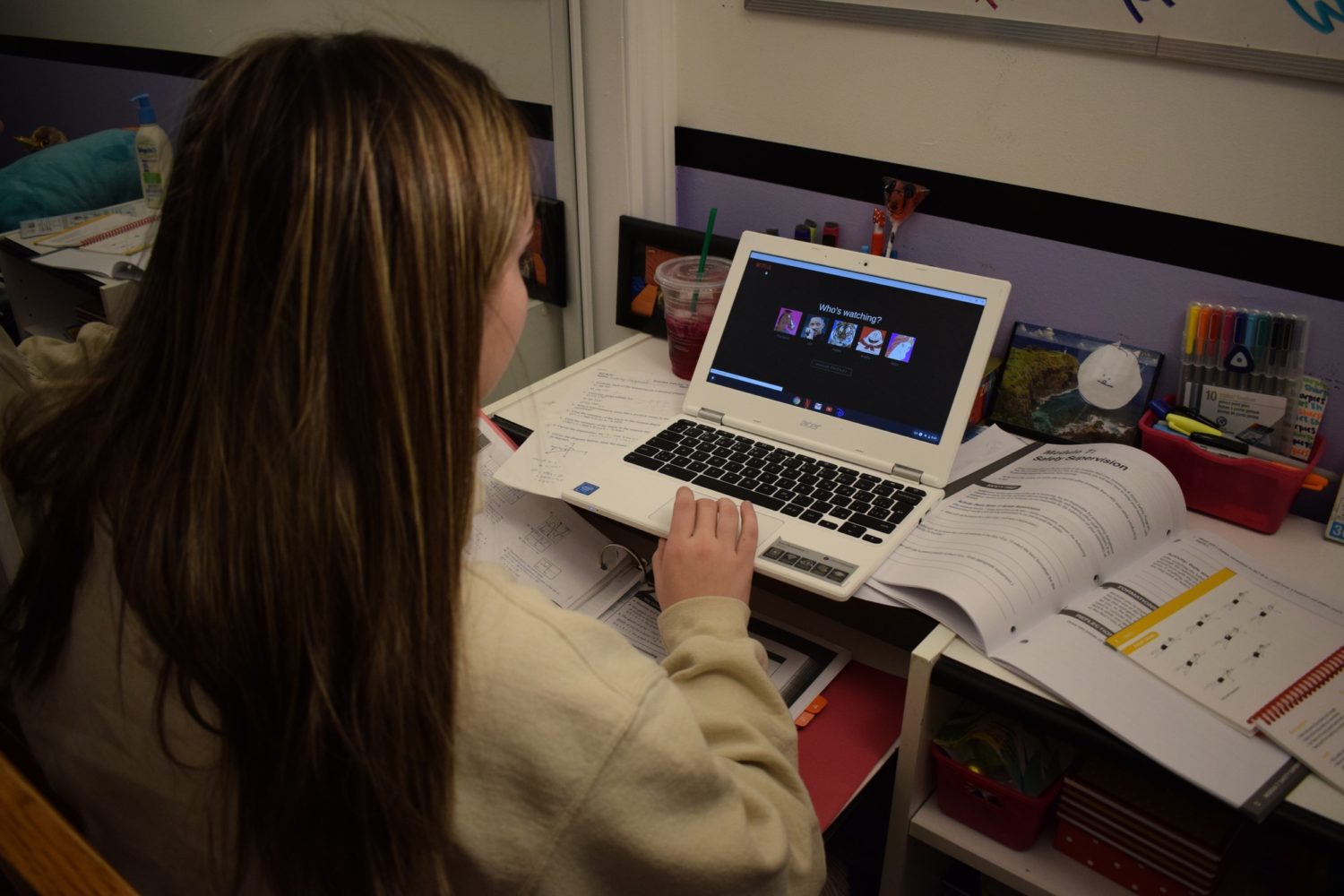If you’re currently a college or university student, were a student, or are going to be a student soon, you’ll have probably had some experience with procrastination.
Procrastination, as defined by Canadian Oxford Dictionary, is to delay or postpone action.
As students, most tend to experience it as a way of not doing that assignment that’s due in two weeks from now.
Second-year student Bryanna Kuhn, who is studying neuroscience at Carleton, usually gets her work done mere minutes before the due date.
“I’m lazy,” says Kuhn. “I feel like my best thoughts and my best work comes when I’m last-minute rushing.”
Students tend to lack awareness when it comes to time management, overestimate how motivation deteriorates over time and underestimate how long it will take them to complete their assignments, and therefore go to an easier solution that will make them feel better.
Shamarukh Chowdury, a fourth-year student studying emotion misregulation in procrastination at Carleton University – working alongside Tim Pychyl, Associate Professor in the Department of Psychology – explained the different components in play.
“There are different factors working together,” says Chowdury. “Task difficulty is one of the important factors.”
Chowdury has been studying the topic for four years and has been motivated to continue in her research alongside Pychyl, a renowned procrastination researcher.
As many are aware, procrastination often doesn’t lead to success. Perhaps, of course, you will still achieve a high grade, but often it wouldn’t be as high of a mark if you didn’t wait until the last minute.
This sparks an undeniable question. If students know putting off assignments is bad for their grades, why do they do it?
Many think reprioritizing and procrastination go hand-in-hand. But Chowdury says just because you are prioritizing certain tasks doesn’t necessarily mean you are procrastinating. She says it’s rather a “strategic delay that you use to make sure that you meet all your deadlines.”
Doing assignments and completing tasks usually don’t feel as rewarding or fun as it does to play a video game or check Instagram, and this leads to procrastination.
“When we feel negatively about the task, what we try to do is uplift our mood,” says Chowdury. “When we do that we tend to give into something good. We avoid the task, which is the source of the negative emotion, and then we go into other aspects that will uplift our mood.”
Social media, Netflix, and all sorts of other distractions are what students tend to go to instead of their work. However, some students tend to do a different chore, such as doing the dishes or working on an easier assignment.
“Oh yeah, I’ll clean my room for no reason, just as a distraction so I don’t have to think about it,” says Kuhn.
Breaking down projects into manageable pieces, forming a tight schedule and prioritizing what comes first are all ways Chowdury says students can do today to stay away from procrastinating.
“When we form an intention, we need to implement that intention and commit to those small goals that we set for ourselves,” says Chowdury. “Without that, it’s not going to work.”



